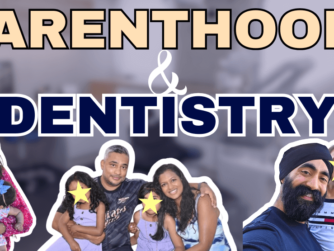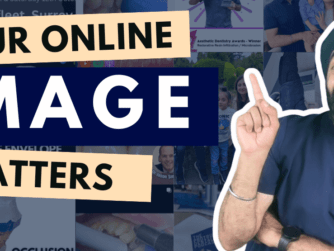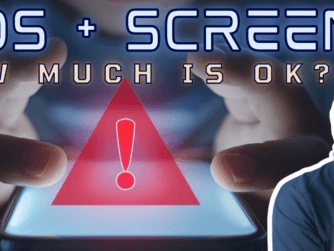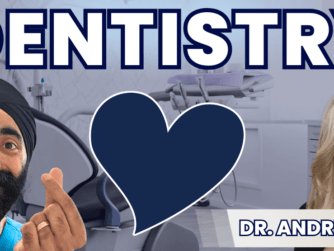Podcast: Play in new window | Download (Duration: 1:00:57 — 86.8MB)
I’m so excited to bring you another one of my favorite people today: Prav Solanki. I’ve said it before and I’ll say it again, “for every CLINICAL course you do, do a NON-clinical one”. This is super important. We talk health, relationships, business growth – and if you listen all the way to the end, you’ll learn a BRILLIANT way to build social proof in to a consultation that is elegant.
“The definition of success for me: To be able to do what you want, when you want, with whom you want; without any financial constraints.” Dr. Prav Solanki
The highlights of this episode:
- 8:46 How Prav became a Dentrepreneur
- 17:28 Work Life Balance in Dentistry
- 31:50 Importance of Pitching
- 43:57 Importance of Social Proof on a Consultation Appointment
All of the Protruserati clan get 10% OFF the Business and Mindset Mastery with the code ‘protrusive‘!
Check out this blog with Dr. Prav and his 21-day fast experience
If you enjoyed this episode, you will also like Being Unstoppable with Ferhan Ahmed







